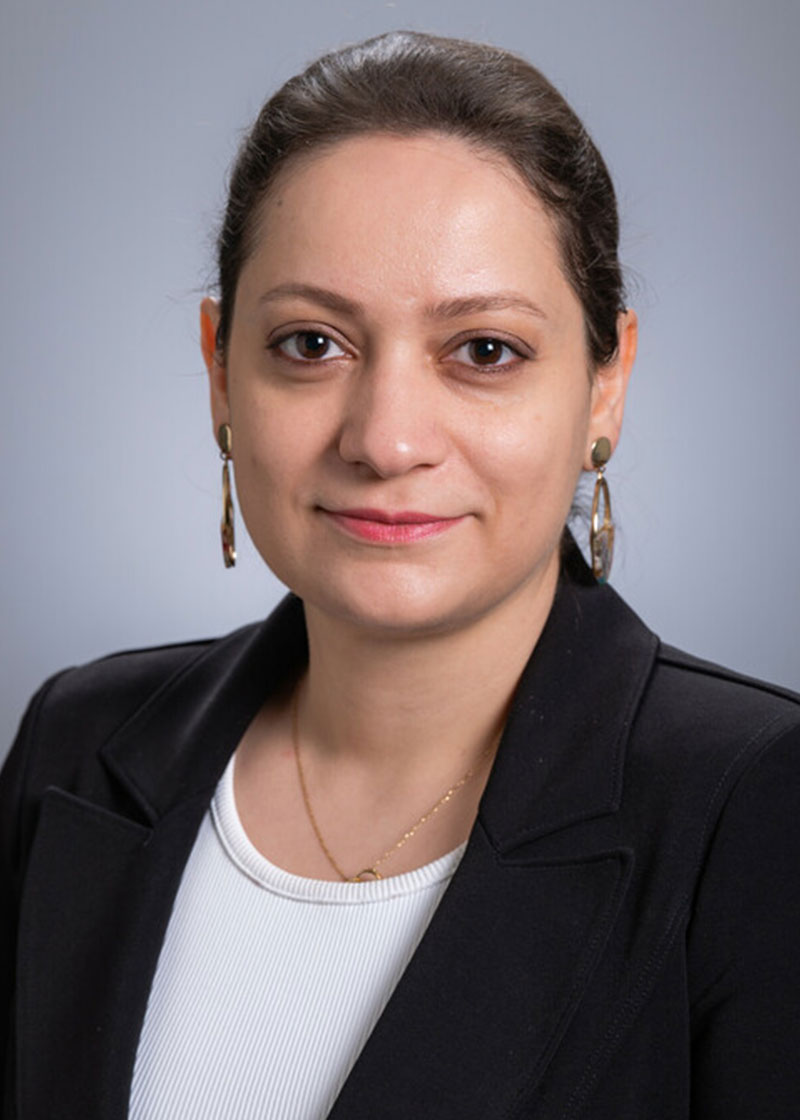What brought you to the UAB School of Public Health?
I was attracted to the UAB School of Public Health by its progressive climate and health initiative. This program’s focus on the critical intersection of climate change and public health mirrored my own passion for applying scientific insights to safeguard communities. The opportunity to make a meaningful impact through this initiative was a compelling reason for my application and subsequent hiring, allowing me to engage directly in efforts to mitigate climate change's adverse health effects.
What is the broad focus of your research?
My research focuses on the intersection of climate science and public health. I aim to understand how weather and climate extremes impact human health and to develop strategies to protect communities from these effects. This includes studying the vulnerability of populations to environmental exposures and finding ways to reduce these risks.
Where did you receive your training and degrees?
I received my foundational training in physics, earning a bachelor's degree in 2008 and a Master's in Atmospheric Physics in 2011, both from institutions in Iran. My journey then led me to the University of Nebraska-Lincoln, where I completed my PhD in Climatology/Meteorology, deepening my understanding of climate systems and their complex interactions. Following my doctoral studies, I pursued a postdoctoral fellowship at the University of Nebraska Medical Center, focusing on the critical intersection of climate and health. This diverse academic background equipped me with a unique blend of skills and insights, enabling me to contribute effectively to the field of Environmental Health Sciences.
What is the most exciting project you are currently working on?
Currently, I'm leading a research project exploring the relationship between drought and suicide in the U.S. This research is at the forefront of understanding how climate-induced stressors, specifically drought conditions, can impact mental health and lead to an increased risk of suicide. The project aims to uncover the underlying mechanisms of this relationship and develop interventions to mitigate these risks.
What is your favorite self-authored manuscript?
My favorite self-authored manuscript, currently under review for publication, explores the relationship between drought conditions and increased suicide rates, highlighting a significant positive association. Our findings are especially pronounced in rural communities, where the impact of drought on mental health appears to be more severe. This concise study provides crucial insights into the intersections of environmental stress, mental health and community vulnerability, offering a valuable perspective on a pressing public health issue.
What professional accomplishment are you most proud of so far in your career?
My role as a researcher allowed me to contribute significant findings to the first comprehensive Drought & Public Health Roadmap. My research focused on the intersections of drought and health, providing vital data and insights that shaped the development of this pioneering report.
What is the coolest training or program you've been a part of, or your favorite conference you've attended?
One of the most remarkable experiences in my career has been my involvement as a review editor for the Fifth National Climate Assessment. This role provided a significant opportunity to work with an outstanding team of experts and to engage with a wide range of influential individuals in the field of climate science. It significantly expanded my professional network and deepened my understanding of how climate research influences policy and public awareness on a national scale.
What kind of research would you like to be doing that you haven’t yet had the opportunity to do?
I aspire to explore the identification of biomarkers for vulnerability to environmental exposures like cardiovascular diseases during drought and heatwaves, and how policy development can mitigate these health effects. This dual focus on scientific research and policy application could significantly enhance our ability to protect vulnerable populations from climate change's adverse health impacts.
If you had the funding to answer any one research question, what would that question be?
If I had the necessary funding, I would be interested in exploring how to leverage existing artificial intelligence (AI) tools to assess the relationship between environmental factors and mental health. The research would aim to understand if there's a predictive value in AI analyses of environmental stressors, like air quality or extreme climate conditions, on psychological well-being. The ultimate objective would be to identify practical measures that could help communities maintain cognitive health in the face of such exposures.
If you weren’t in academia, what would your career be?
If I weren't in academia, my career choice would be a psychologist.
